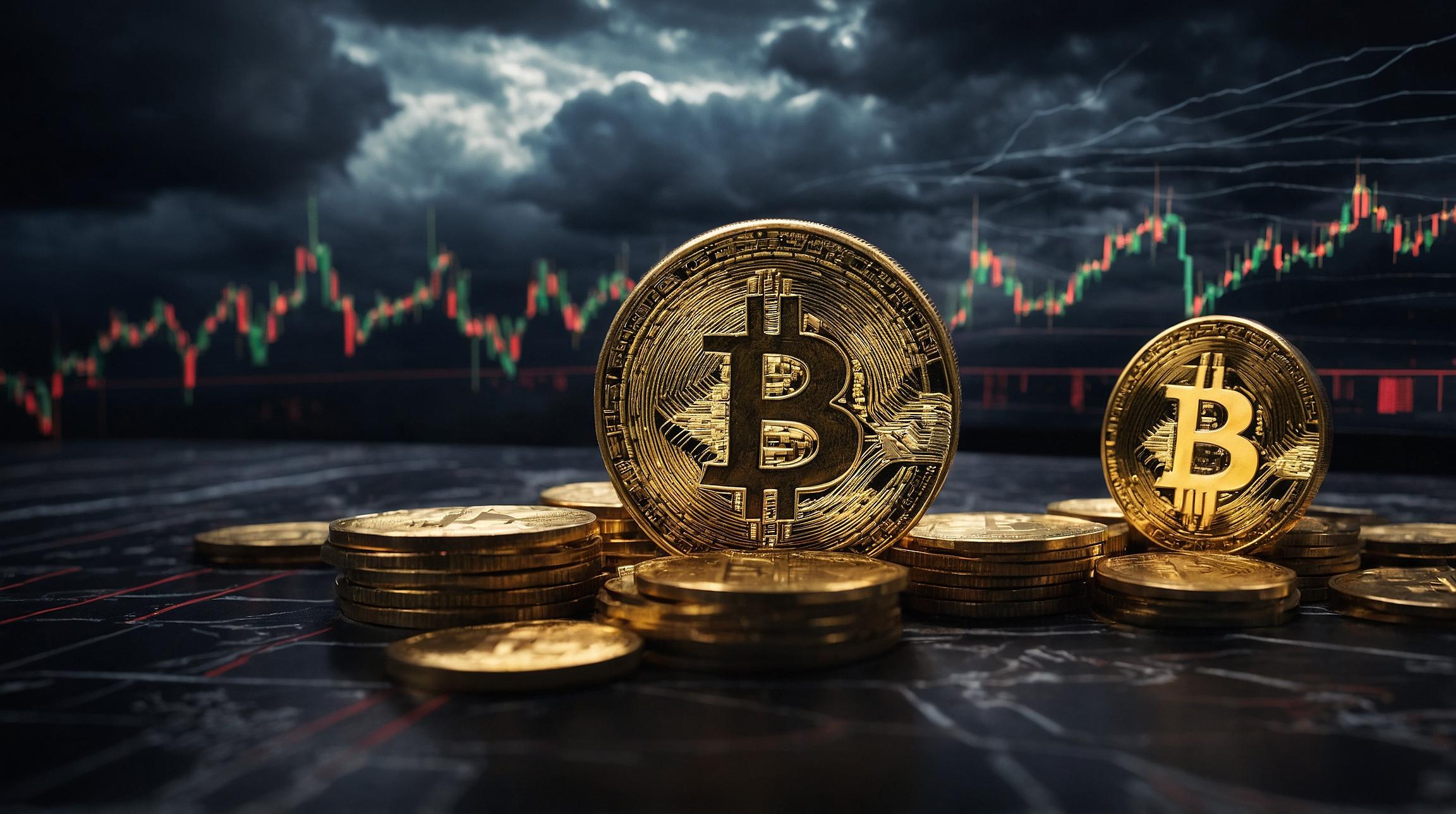SEC Lawsuit Puts XRP’s Future at Risk
In December 2020, XRP faced a critical challenge when the US Securities and Exchange Commission (SEC) filed a lawsuit accusing Ripple Labs of conducting $1.3 billion in unregistered securities sales since 2013. This announcement caused XRP’s price to plummet by 62% and triggered widespread exchange delistings, thrusting the cryptocurrency into a legal gray zone.
The suit, announced in the final days of the Trump administration, caught the crypto industry by surprise and threatened XRP’s viability.
Legal Resolution Brings Regulatory Clarity
Nearly five years later, the litigation concluded on August 7, 2025, when Ripple and the SEC jointly dismissed their appeals. This closure affirmed that XRP is not a security when traded on public exchanges, a landmark decision that provides XRP with a rare form of definitive legal validation in the US market.
Ripple’s CEO Brad Garlinghouse had emphasized the importance of regulatory compliance throughout the process, asserting in 2020, “We are not only on the right side of the law, but we will be on the right side of history.”
Community Mobilization and Legal Advocacy
The SEC’s lawsuit galvanized the so-called “XRP army,” a passionate and organized community of XRP holders. Despite early derision, the litigation united supporters who actively participated in legal proceedings and lobbying efforts. Attorney John Deaton played a pivotal role by rallying over 75,000 XRP holders to submit affidavits and testimonies in support of Ripple.
Key Judicial Decisions Shape the Outcome
Ripple’s first major court victory came in September 2022, when the court compelled the SEC to release internal communications revealing inconsistencies in the SEC’s regulatory stance, particularly regarding Ethereum (ETH). The documents highlighted discord within the SEC about whether ETH was a security, undermining the commission’s case against XRP.
In October 2022, Judge Analisa Torres issued a critical ruling distinguishing between types of XRP sales: institutional sales to hedge funds were deemed unregistered securities offerings, while programmatic sales on exchanges were classified as non-securities. This nuanced decision effectively recognized XRP as a cryptocurrency rather than a security in the retail context.
Throughout 2023 and 2024, Ripple continued to accumulate legal wins, culminating in a final penalty of $125 million—only 5% of the SEC’s original $2.2 billion claim.
Market Reaction and Ripple’s Strategic Position
Following the August 2025 dismissal, XRP’s price surged 4.5%, reaching $3 and marking substantial growth from its $0.20 low during the lawsuit’s early days. Ripple’s recent acquisition of Hidden Road, a prime brokerage firm, for $1.25 billion further bolsters its institutional trading and liquidity capabilities.
Implications for XRP and the Broader Crypto Market
The lawsuit’s resolution transforms XRP from a regulatory outlier into a digital asset with explicit judicial endorsement. Unlike Bitcoin and Ethereum, which rely on informal guidance from regulators, XRP now benefits from clear legal definitions governing its sale and classification.
This clarity enhances XRP’s attractiveness to institutional investors who require regulatory certainty before committing capital. Since the 2023 ruling, XRP’s market capitalization has increased by nearly $180 billion, reflecting renewed confidence.
Ripple’s strengthened legal footing enables it to pursue global expansion, particularly in emerging markets with evolving regulatory frameworks. The company can now focus on developing its XRP Ledger technology and introducing new products such as the RLUSD stablecoin without the overhang of SEC litigation.
Conclusion
Ripple’s protracted legal battle with the SEC has culminated in a landmark victory that provides XRP with a durable competitive advantage: regulatory clarity in the US. This outcome not only secures XRP’s position in one of the world’s largest financial markets but also establishes a framework for how crypto assets may be classified in future regulatory contexts.
With legal uncertainties behind it, Ripple is poised to accelerate technological innovation and ecosystem growth, potentially setting a precedent for other crypto projects navigating regulatory challenges.
FinOracleAI — Market View
The definitive legal clarity achieved by Ripple and XRP is a significant positive catalyst for the token and Ripple’s broader business strategy. The resolution reduces regulatory risk, which has historically suppressed institutional investment and price appreciation. However, ongoing scrutiny of crypto regulations globally remains a risk factor. Market participants should monitor how Ripple leverages this clarity to expand partnerships and product offerings internationally.
Impact: positive













